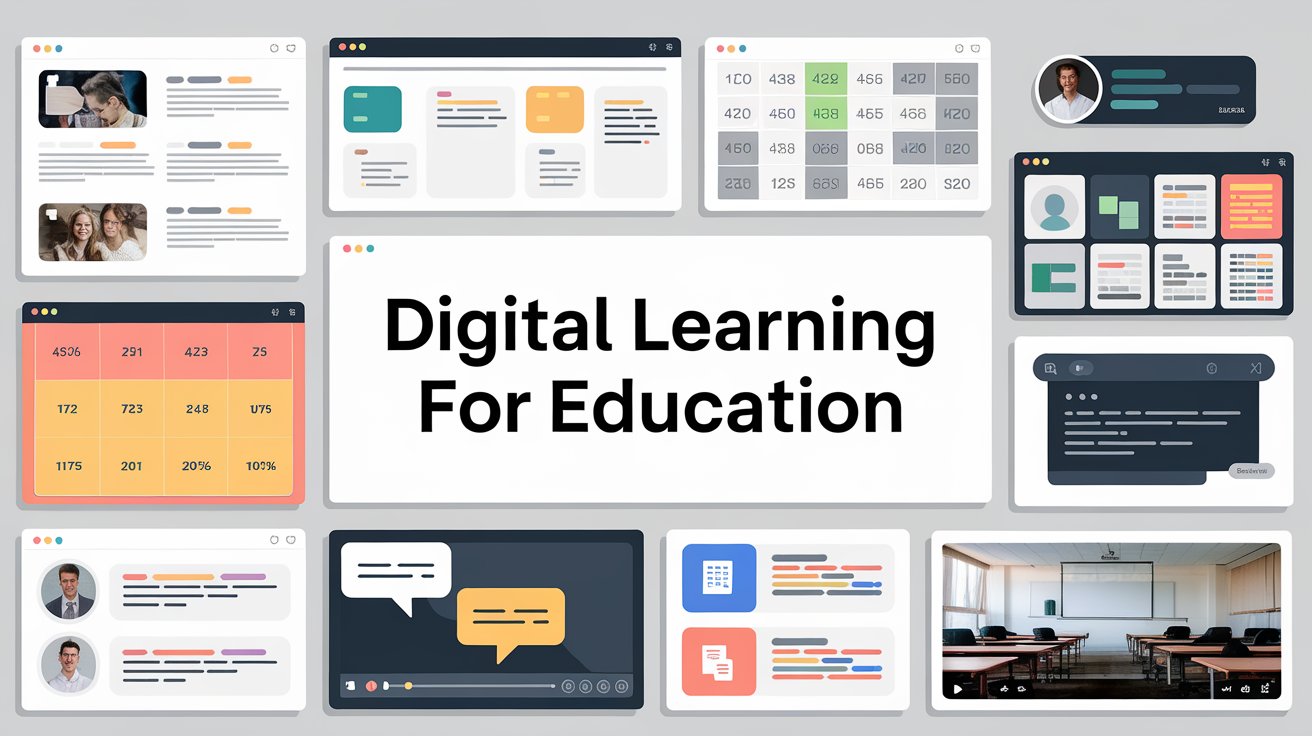In today’s dynamic job market, the concept of industry-specific job openings has gained increasing significance. As industries evolve and adapt to new technologies, the demand for specialized skills and knowledge has surged. Understanding how to navigate these specific job openings is essential for job seekers looking to align their careers with their passions and expertise. In this article, we will explore effective strategies for finding and securing industry-specific job openings, share personal anecdotes that highlight the journey, and address common questions to assist you in your job search.
The Importance of Industry-Specific Roles

Industry-specific job openings are tailored to the unique needs and requirements of particular sectors. Whether it’s healthcare, technology, finance, or any other field, each industry has its own set of expectations, skills, and cultural nuances. For job seekers, targeting industry-specific roles can lead to greater job satisfaction, career growth, and stability.
I remember my first foray into the job market after college. I had a degree in marketing but was uncertain about which industry to pursue. After applying to various general positions, I realized that my applications often fell flat. It wasn’t until I focused on roles within the tech sector that I began to see traction. Understanding the specific demands of that industry allowed me to tailor my resume and highlight relevant skills, ultimately leading to my first job.
Strategies for Finding Industry-Specific Job Openings
1. Utilize Niche Job Boards
While general job boards like Indeed or LinkedIn are useful, niche job boards can be more effective for finding industry-specific openings. These platforms cater to specific sectors, making it easier to discover relevant job postings.
For instance, if you’re looking for jobs in the nonprofit sector, websites like Idealist or Nonprofit Jobs can help you find positions that align with your interests and skills.
2. Network Within Your Industry
Networking is one of the most powerful tools for discovering industry-specific job openings. Attend industry conferences, webinars, and local meetups to connect with professionals in your desired field.
I recall attending a marketing conference where I met several industry leaders. One conversation led to an internship opportunity that I hadn’t seen advertised anywhere else. Building relationships within your industry can open doors that are otherwise hidden.
3. Leverage Social Media
Platforms like LinkedIn, Twitter, and even Instagram can be invaluable for job seekers. Follow industry leaders, companies, and hashtags relevant to your field.
When I decided to pursue a career in digital marketing, I actively engaged with thought leaders on Twitter. By sharing insights and participating in conversations, I gained visibility and was able to learn about job openings directly from industry insiders.
4. Research Target Companies\

Identify companies that align with your career goals and values. Research their job openings regularly, and tailor your applications to fit their specific requirements.
I once created a spreadsheet to track companies in the tech space that interested me. By researching their recent projects and values, I was able to tailor my cover letters to reflect how my skills could contribute to their goals, which significantly increased my response rate.
5. Join Professional Associations
Many industries have professional associations that offer job boards, networking opportunities, and resources for career development. Becoming a member can provide access to exclusive job listings and industry insights.
For example, joining the American Marketing Association helped me access job openings that were specifically looking for candidates with marketing expertise.
6. Customize Your Resume and Cover Letter
When applying for industry-specific positions, customize your resume and cover letter to reflect the skills and experiences that are most relevant to that industry. Use industry-specific keywords to enhance your visibility to applicant tracking systems (ATS).
During my job search in the tech industry, I revamped my resume to highlight my analytical skills and familiarity with digital tools. This focused approach made my application stand out to recruiters looking for candidates who could hit the ground running.
7. Prepare for Industry-Specific Interviews
Each industry may have its own interview processes and expectations. Research common interview questions and prepare examples that showcase your skills and experiences relevant to the position.
I remember preparing for an interview at a tech startup by practicing responses to technical questions. This preparation not only boosted my confidence but also demonstrated my genuine interest in the role and the industry.
Personal Anecdote: Finding My Niche
After graduating, I initially struggled to find a role that felt right. I applied to various marketing positions without much success. It was during a career fair that I met a recruiter from a tech company who shared insights about the growing demand for digital marketers.
Intrigued, I began focusing my job search on tech companies. I attended industry meetups, followed relevant social media accounts, and tailored my applications to highlight my skills in digital marketing tools. My efforts paid off when I landed an interview with a well-known tech firm. The moment I received the job offer, I realized how crucial it was to align my search with a specific industry.
FAQs on Industry-Specific Job Openings
1. What are industry-specific job openings?
These are job positions tailored to the unique requirements and expectations of specific sectors.
2. How can I find niche job boards for my industry?
Research online or ask industry professionals for recommendations on job boards that cater to your field.
3. Why is networking important for job seekers?
Networking can reveal hidden job opportunities and provide insights into industry trends and company cultures.
4. How can I tailor my resume for industry-specific roles?
Focus on highlighting skills and experiences that are most relevant to the specific industry and use targeted keywords.
5. What resources can professional associations offer?
They typically provide job boards, networking events, industry insights, and professional development opportunities.
Conclusion
Navigating industry-specific job openings requires a strategic approach that leverages niche resources, networking, and tailored applications. By understanding the unique demands of your desired industry and implementing these strategies, you can increase your chances of securing a position that aligns with your career aspirations. My personal journey in the job market taught me the importance of focusing on industry-specific roles, and I encourage job seekers to embrace this approach. With dedication and the right strategies, you can find opportunities that lead to fulfilling and successful careers.


